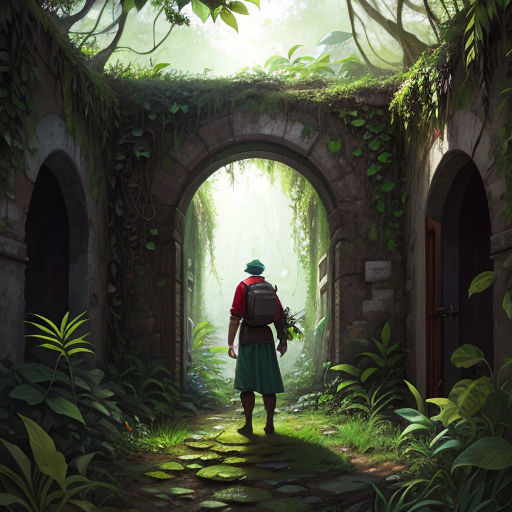
The Lost Civilization
By ethanlinke4

29 Aug, 2023
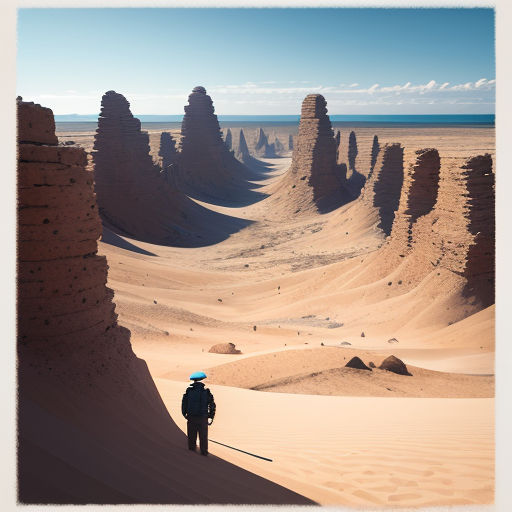
Deep in the heart of a desolate desert, a team of archaeologists stumbled upon the remnants of a long-forgotten civilization. The remnants, surprisingly well-preserved, held an aura of mystery and intrigue.
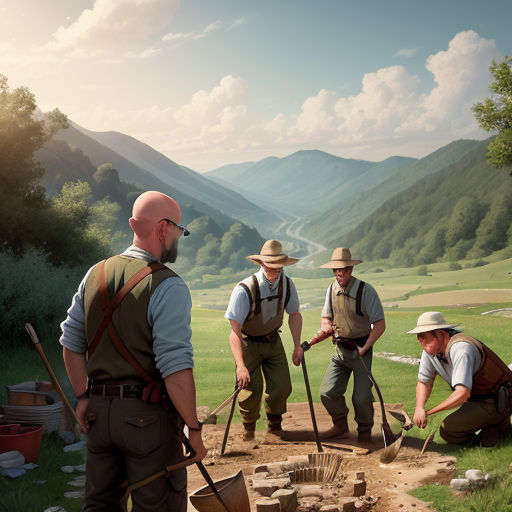
The team was led by Prof. Clarence, an experienced archaeologist known for his fervor in uncovering the secrets of the past. His eyes sparkled as they scanned the site with curiosity and excitement.
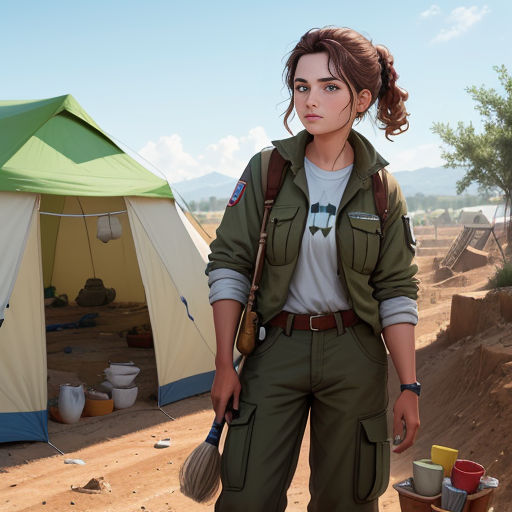
Among the team was also a young rookie named Bella, who felt a mix of fear and excitement. This was her first excavation, and she was keen to make her mark.

For days, they dug, unearthing pottery shards, jewelry, and other artifacts. They meticulously catalogued each find, alluching to a sophisticated society that had lived here thousands of years ago.
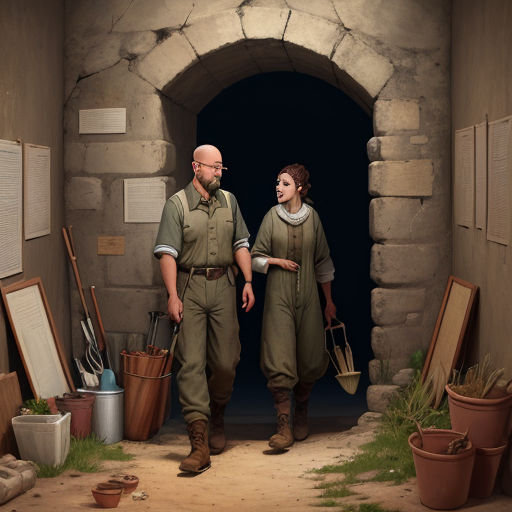
The painstaking process paid off when they found a hidden underground chamber. The chamber was filled with murals and inscriptions, frozen in time, awaiting discovery.
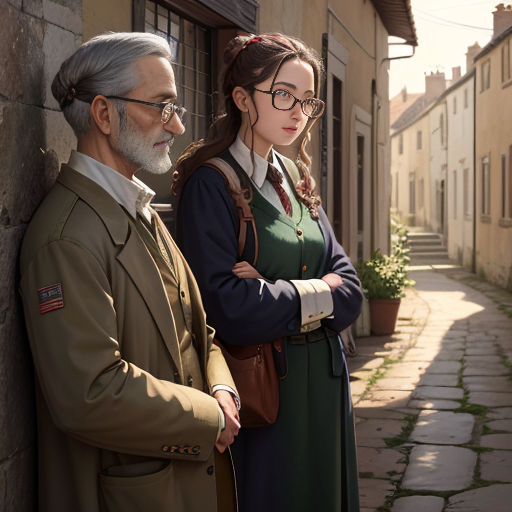
The murals depicted a prosperous civilization, with scenes of abundant crops, advanced architecture, and happy people. But the inscriptions that accompanied them was a language unknown to them.
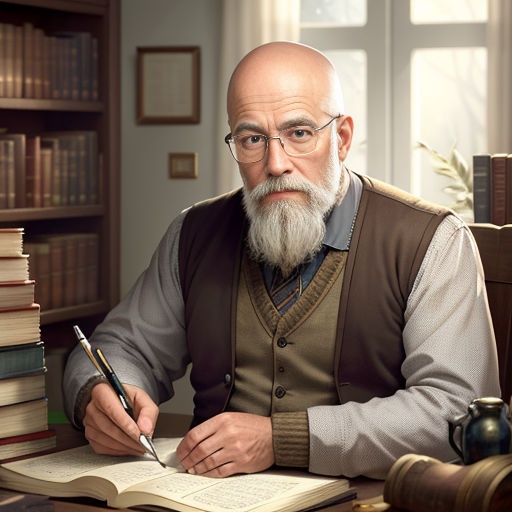
Prof. Clarence spent days poring over the inscriptions, his forehead creased with concentration. He was determined to decipher the ancient language and unlock the civilization's secrets.

Meanwhile, Bella focussed on the artistry of the ancient civilization. She would carefully sketch and document the intricate designs, captivated by the artistic prowess of the artists.
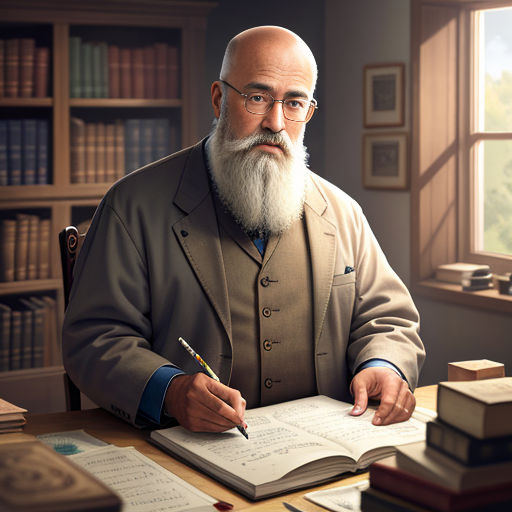
Prof. Clarence's perseverance finally bore fruit. He made a breakthrough in the language, discovering it was related to a precursor of modern day languages. He beamed with triumph.
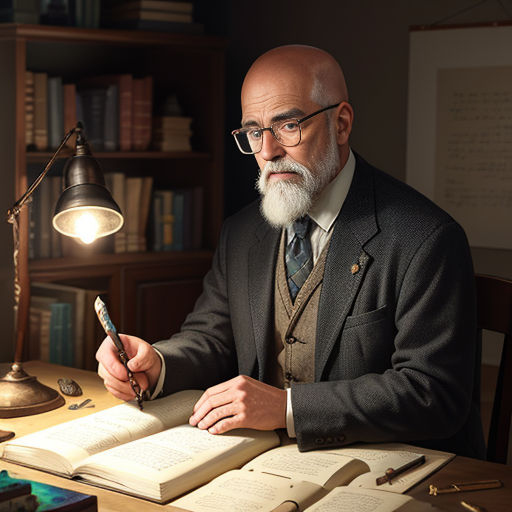
He began translating the inscriptions. As he did, he uncovered the civilization's history, their beliefs, their achievements, and their downfall. And with it, he uncovered a secret.

The ancient people possessed knowledge of a technology, an energy source, far beyond their time. It was this energy source that had led to their prosperity, but also their downfall.

They had exhausted this source, causing a catastrophic event that had wiped them out. Prof. Clarence's heart pounded as he realized the significance of his discovery.
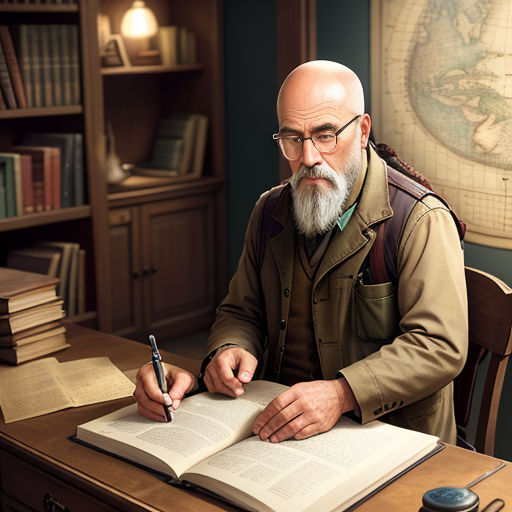
He immediately shared his findings with Bella. She listened, wide-eyed, as he explained the translation, the meaning of the murals, and the shocking truth they had discovered.
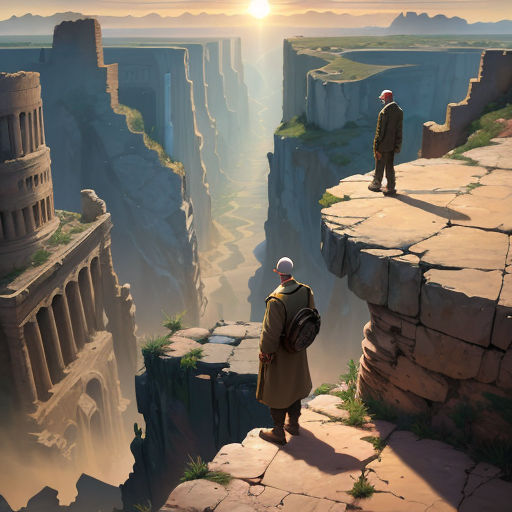
Prof. Clarence feared that the same fate could befall their own advanced civilization if they continued to recklessly exploit their resources, just like the ancient civilization did.
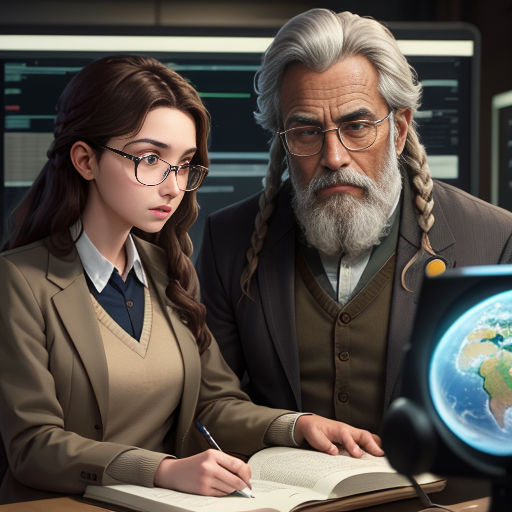
Bella nodded, understanding the weight of their discovery. They both agreed they had to share their findings with the world, hoping it would serve as a cautionary tale.
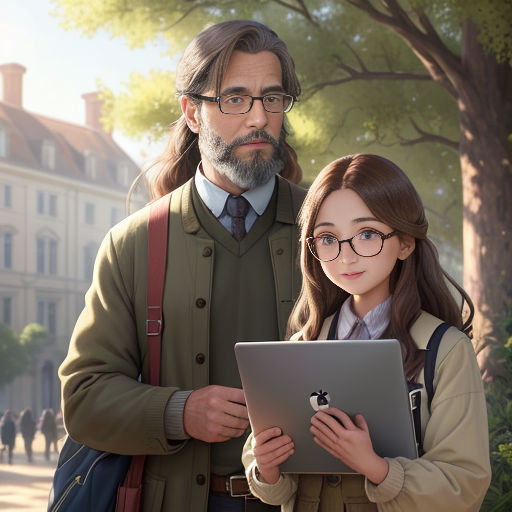
They compiled their research and sent it to their institution. The news sent shockwaves through the academic world. The discovery was hailed as a breakthrough in historical and environmental studies.
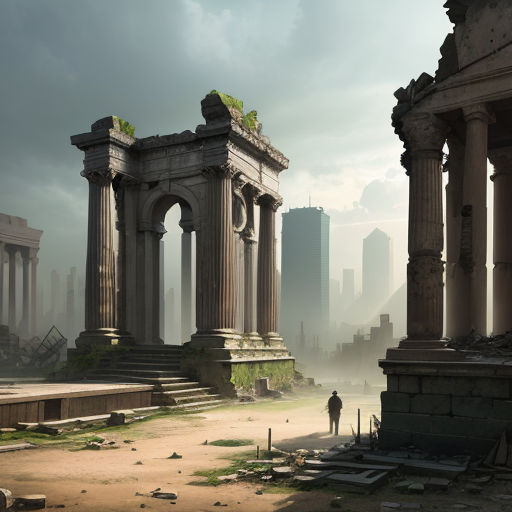
The news spread quickly and soon the world was buzzing about the lost civilization and the secrets they held. The story was a reminder of the consequences of reckless resource usage.
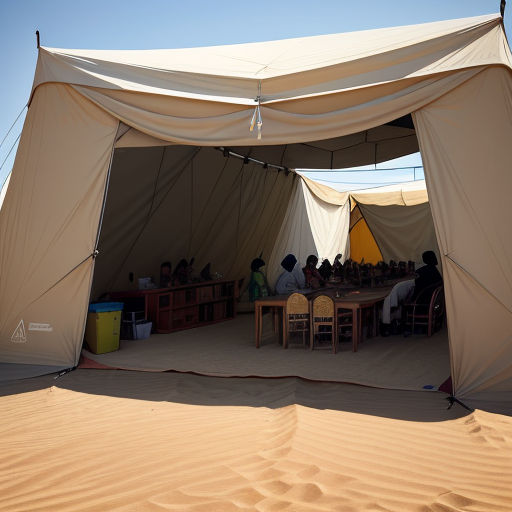
The archaeological site became a place of pilgrimage for scholars and environmentalists alike. The chamber and its murals became symbols of an ancient wisdom, lost but now rediscovered.

As for Prof. Clarence and Bella, their lives changed forever. They were hailed as the discoverers of the century, their names etched in the annals of archaeological discovery.

They continued their explorations, driven by their thirst for knowledge and the lessons it could impart. Every discovery seemed only to whet their appetite for more answers.
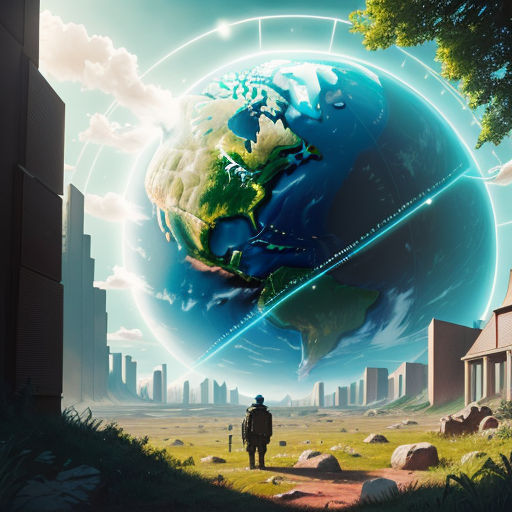
The findings sparked a new interest in sustainable energy resources. If a civilization could prosper and yet fall because of its resource usage, it was a warning that could not be ignored.
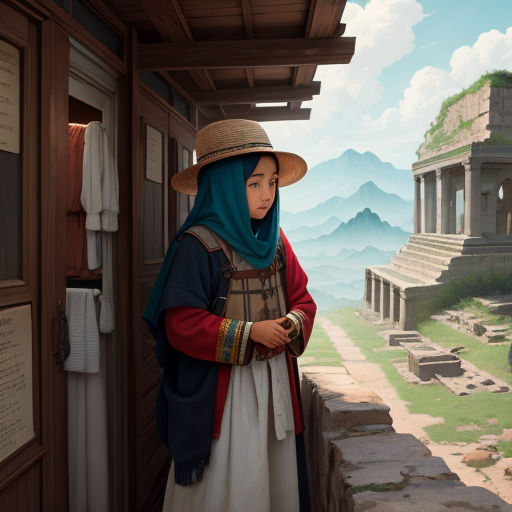
The discovery of the lost civilization brought history to life for many. It served as a tangible testament of the rise and fall of civilizations and the precarious balance of society and nature.
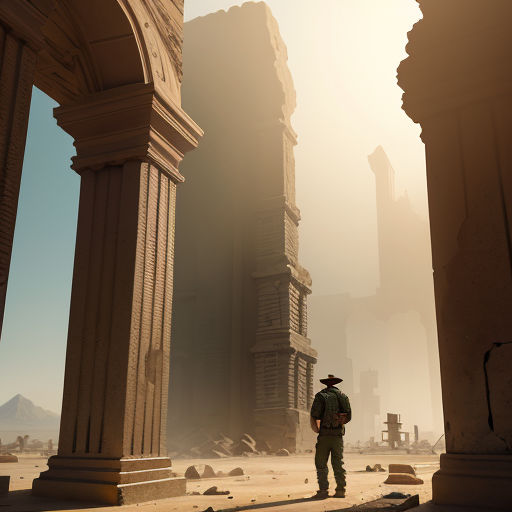
The world will remember the ancient civilization not just for its achievements, but also for its mistakes. Their story is a reminder that the pursuit of progress must also consider preservation.
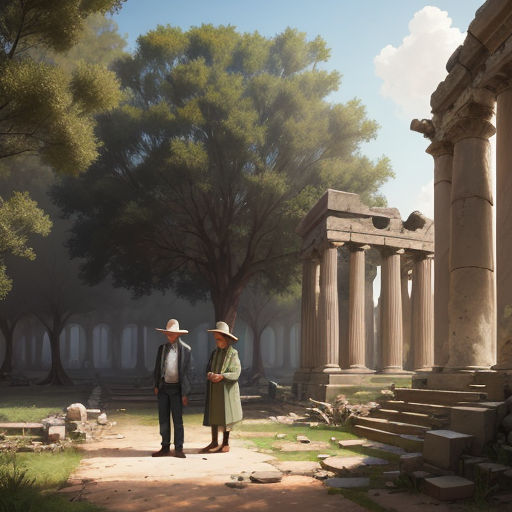
Years later, Prof. Clarence and Bella stood at the same archaeological site, now a world heritage, reflecting on their discovery. They felt a sense of satisfaction and humble pride.
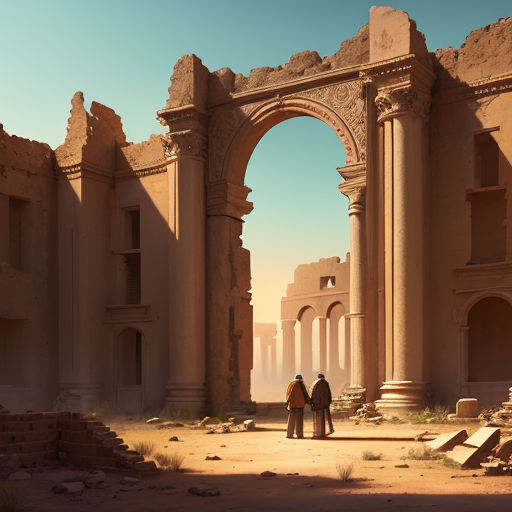
In the heart of the desert, the lost civilization was lost no more. Its ancient wisdom continued to speak loudly to a world that needed to hear its message more than ever.
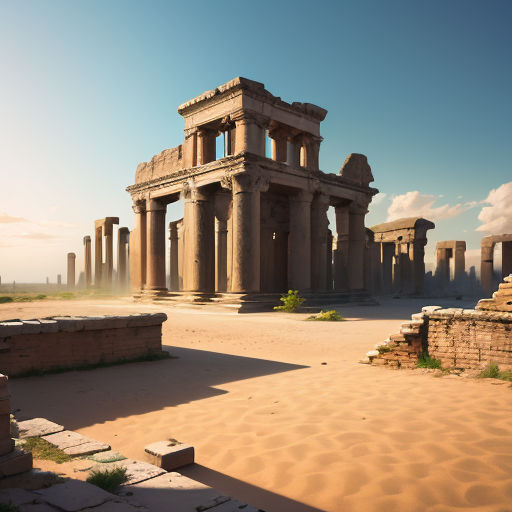
The once desolate desert had become a beacon of history, bearing testament to a forgotten race that flourished, fell, but ultimately left a lasting legacy in the sands of time.

The story of the lost civilization was a reminder of the wisdom of learning from the past to ensure a sustainable future. Its echoes would linger for generations to come.

Prof. Clarence and Bella continued their research, their lives forever changed by the ancient civilization. Their discovery was a testament to the power of knowledge and understanding.
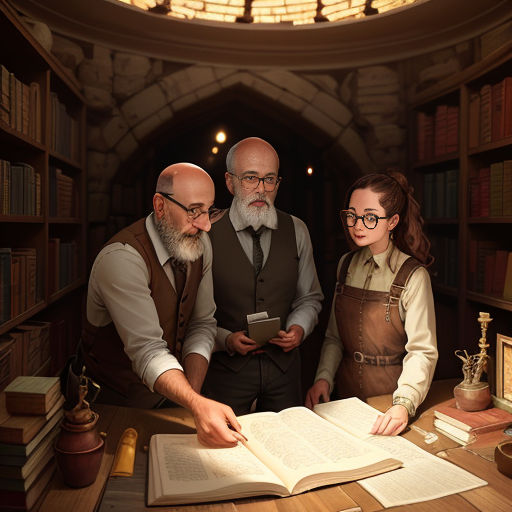
The lost civilization uncovered by Prof. Clarence and Bella was not just an archaeological find, but a profound message from the ancient world, a beacon lighting the path to a sustainable future.
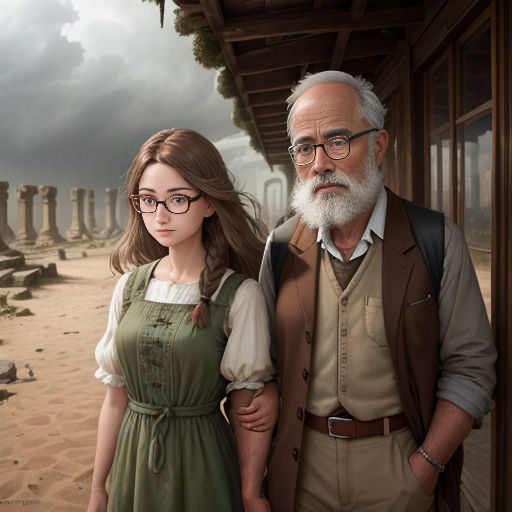
As the winds continued to blow over the ancient ruins, the whispers of the past flowed with them, a silent reminder of a civilization that once was, and the lessons they'd passed on.
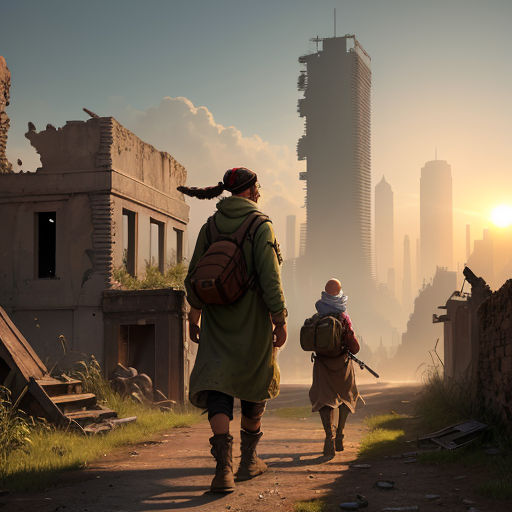
The echoes of the lost civilization lingered, their story now an integral part of human history. As a cautionary tale, their legacy would continue to shape the consciousness of future generations.
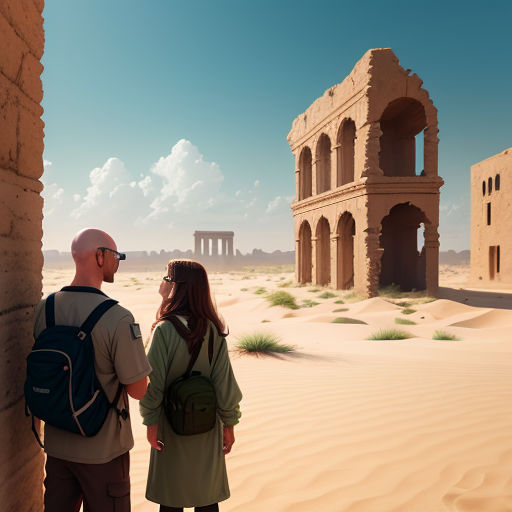
Meanwhile, their physical legacy, the archaeological site, stood as a powerful monument to mankind's history and potential. A silent guardian, it bore witness to the ebb and flow of time.

Their story, as told by Prof. Clarence and Bella, was a testament to the incredible power of discovery. It was a story of the past shaping the present, inspiring the future.

The discovery of this lost civilization served as a stark reminder of the price of progress. It encouraged humanity to protect their planet and use its resources wisely, aiming for a sustainable future.
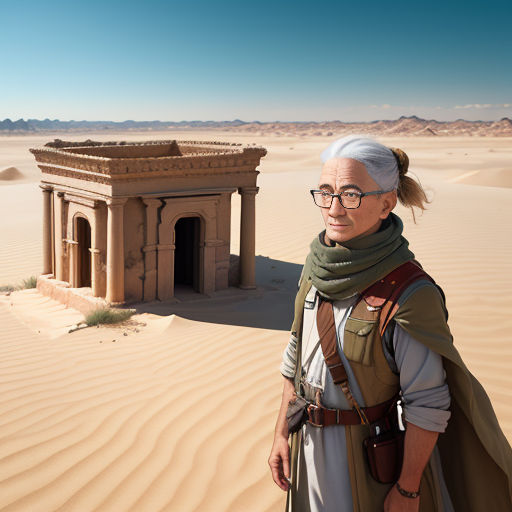
In that silent desert, the story of the lost civilization will continue to be told, echoing through the winds of time. A civilization lost, a wisdom found, a future enlightened.